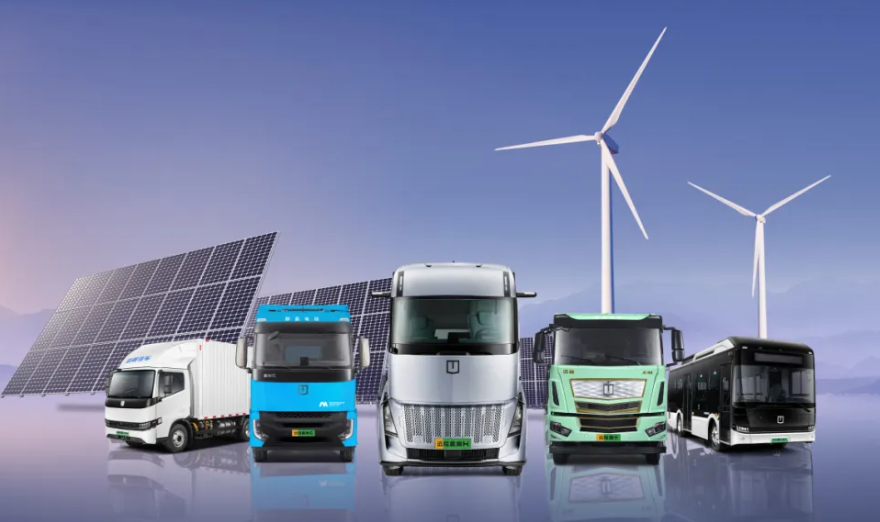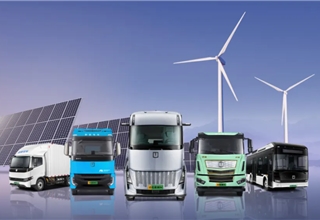Chunqing Technology Completes Pre-A+ Funding Round, Valued at Over $1.5 Billion
Shanghai (Gasgoo)- Chunqing Technology, a subsidiary of Geely’s Farizon New Energy Commercial Vehicle Group, recently announced the successful completion of its Pre-A+ financing round, raising $135 million. This funding round has increased the company’s post-investment valuation to over $1.5 billion and attracted new strategic investors.
The funds raised will primarily be used to support market expansion and the development of a methanol-hydrogen ecosystem, aimed at strengthening the industrial value chain.
Chunqing Technology specializes in methanol hybrid electric vehicle technology, focusing on research and development, manufacturing, and sales of new-generation methanol-hydrogen electric vehicles. The company is also dedicated to advancing technologies for green methanol production and establishing a comprehensive methanol refueling network. Through an integrated business model encompassing methanol, vehicles, freight, refueling stations, and financing, Chunqing Technology aims to create a diversified green methanol transport ecosystem to accelerate the adoption of methanol-hydrogen commercial vehicles.

Photo credit: Chunqing Technology
Farizon’s new energy commercial vehicles, powered by methanol-hydrogen electric technology, cater to various scenarios such as trunk logistics, short-distance transportation, urban delivery, construction vehicles, and city buses, meeting the diverse needs of users across multiple regions. The methanol-hydrogen electric technology is not limited to road applications and is also utilized in marine engines, power generation units, and mining trucks.
In a significant move towards sustainability, Alxa of Inner Mongolia recently launched the first 100,000-tonne demonstration phase of a 500,000-tonne green methanol production project, with investment from Chunqing Technology. This project utilizes wind and solar power for water electrolysis to produce hydrogen, which is then combined with captured carbon dioxide from industrial operations to synthesize green methanol. Upon reaching full production capacity, the project is projected to reduce carbon emissions by 750,000 tonnes annually.







